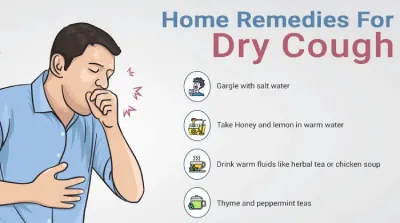A pulmonologist is a doctor who specializes in diseases that affect the respiratory system, which includes the nose, mouth, voice box, throat, and lungs. If someone smokes or has a family history of lung disease, they should consult a pulmonologist to learn more about their treatment choices and the cause of their symptoms. People who experience persistent or severe coughing should also do so. If you’re experiencing persistent coughing and seeking expert medical care, look no further than a cough specialist doctor in Jaipur.
The body uses coughing to get clear of infections and irritants like dust and mucus, so it’s not always a terrible thing. If you are looking for a specialist doctor for dry cough treatment in Jaipur, Rajasthan, contact Dr. Sheetu Singh is the best cough specialist doctor Jaipur. These professionals specialize in diagnosing and treating cough-related ailments. Occasional coughing is healthy and normal.



